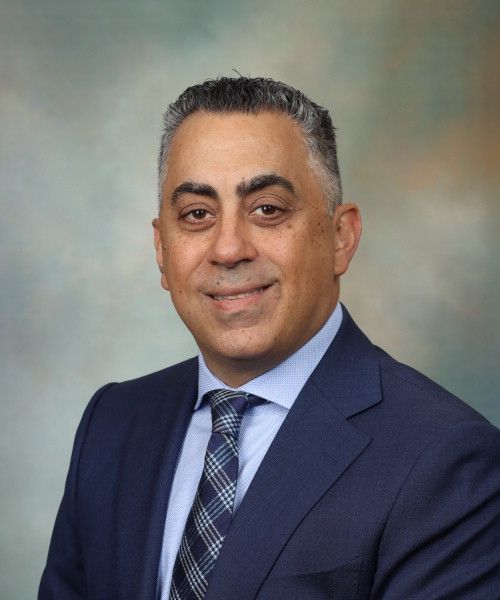
Oncology Peer Review On-The-Go: Tanios Bekaii-Saab, MD, Talks COLOMATE Platform in CRC With Experts

Tanios Bekaii-Saab, MD, sits with Kristen Ciombor, MD, MSCI, and John Strickler, MD, to examine the COLOMATE platform for patients with colorectal cancer.
This week, CancerNetwork® kicks off the first installment of a 3-part podcast series focused on colorectal cancer. Tanios Bekaii-Saab, MD, medical director of the Cancer Clinical Research Office and vice chair and section chief for Medical Oncology at the Mayo Clinic in Phoenix, Arizona, led a discussion with Kristen Ciombor, MD, MSCI, associate professor of medicine at Vanderbilt-Ingram Cancer Center in Nashville, Tennessee, and John Strickler, MD, associate professor of medicine and co-leader of the Molecular Tumor Board at Duke University School of Medicine in Durham, North Carolina.
This conversation focuses on the current molecular treatment landscape of advanced colorectal cancer and the need for the COLOMATE platform. Among other things, the experts detail this platform and expand on its impact for patients, as well as the evolving paradigm of colorectal cancer.
Make sure to tune in next week for part 2 of this conversation on colorectal cancer.
Don’t forget to subscribe to the “Oncology Peer Review On-The-Go” podcast on Apple Podcasts, Spotify, or anywhere podcasts are available.
Newsletter
Stay up to date on recent advances in the multidisciplinary approach to cancer.



































